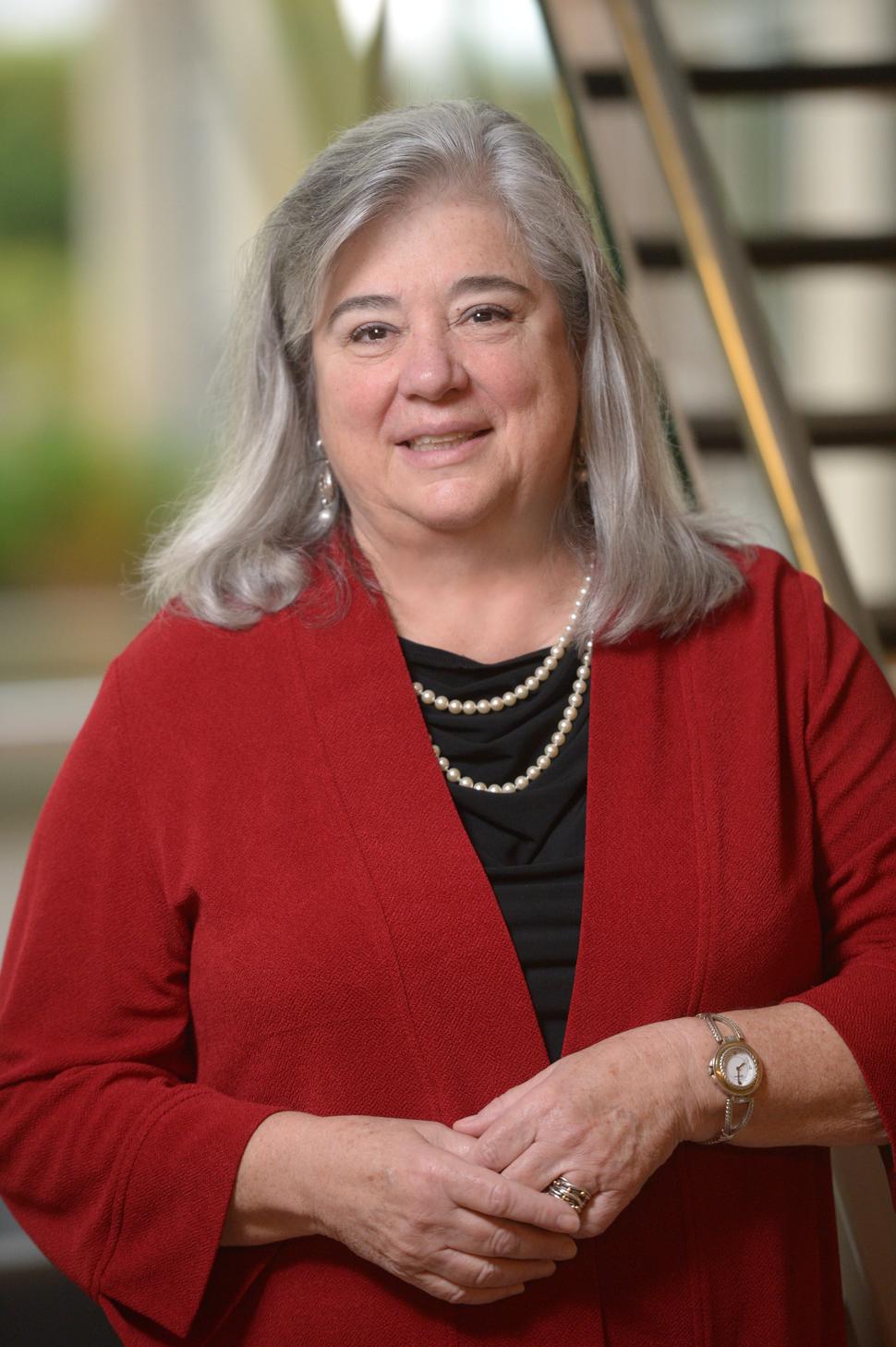The Oncology Nursing Society: Equipping Oncology Nurses is Key to Achieving the National Cancer Plan Goals
Brenda Nevidjon, M.S.N., R.N., FAAN, ONS Chief Executive Officer
Every day, the Oncology Nursing Society (ONS) works to improve quality of life and outcomes for people with cancer and their families by implementing the goals outlined in the National Cancer Plan. Some examples of our commitment to advancing the National Cancer Plan include:
Goal 3: Developing effective treatments. Symptom management, from disease or treatment, is the basis of nursing care. ONS has many nurse–scientist members who, with funding from the Oncology Nursing Foundation, government agencies, and other foundations, build the evidence around this important topic. This work is then used by our evidence-based practice team to ensure clinical guidelines and symptom resources reflect the most current, high-quality evidence. The majority of our almost 300 podcasts are treatment- or symptom management–related. In addition, ONS is committed to producing point-of-care resources to ensure patients receive the most effective care for their cancer, such as the Genomics and Precision Oncology Learning Library, which includes our biomarker database.
Goal 4: Eliminating inequities. ONS resources recognize the unique needs of patients from diverse backgrounds and the varying settings where care is delivered. Current efforts include collaborating with the Centers for Disease Control and Prevention to promote the Screen for Life campaign, developing resources on skin toxicities in diverse populations, completing clinical immersions with nurses working in rural areas, and collaborating with national leaders to improve access to, and financial neutrality, in clinical trials.
Goal 8: Optimize the workforce. Well-prepared nursing personnel are vital to health outcomes. This begins with highly educated nurses; ONS has developed resources and curriculum for pre-licensure nursing programs. The Oncology Nursing Foundation provides financial support for both graduate and undergraduate students. ONS also works to prevent nurse burnout by offering well-being and mental health resources and addressing workforce safety issues. We’re exploring novel ways to address staffing challenges through evidence-based methodologies including virtual chemotherapy safety checks and acuity-based staffing for infusion centers.
Nurses remain the most trusted profession, making them essential to achieving the goals of the National Cancer Plan. ONS is proud to support NCI and its efforts to transform cancer care.
